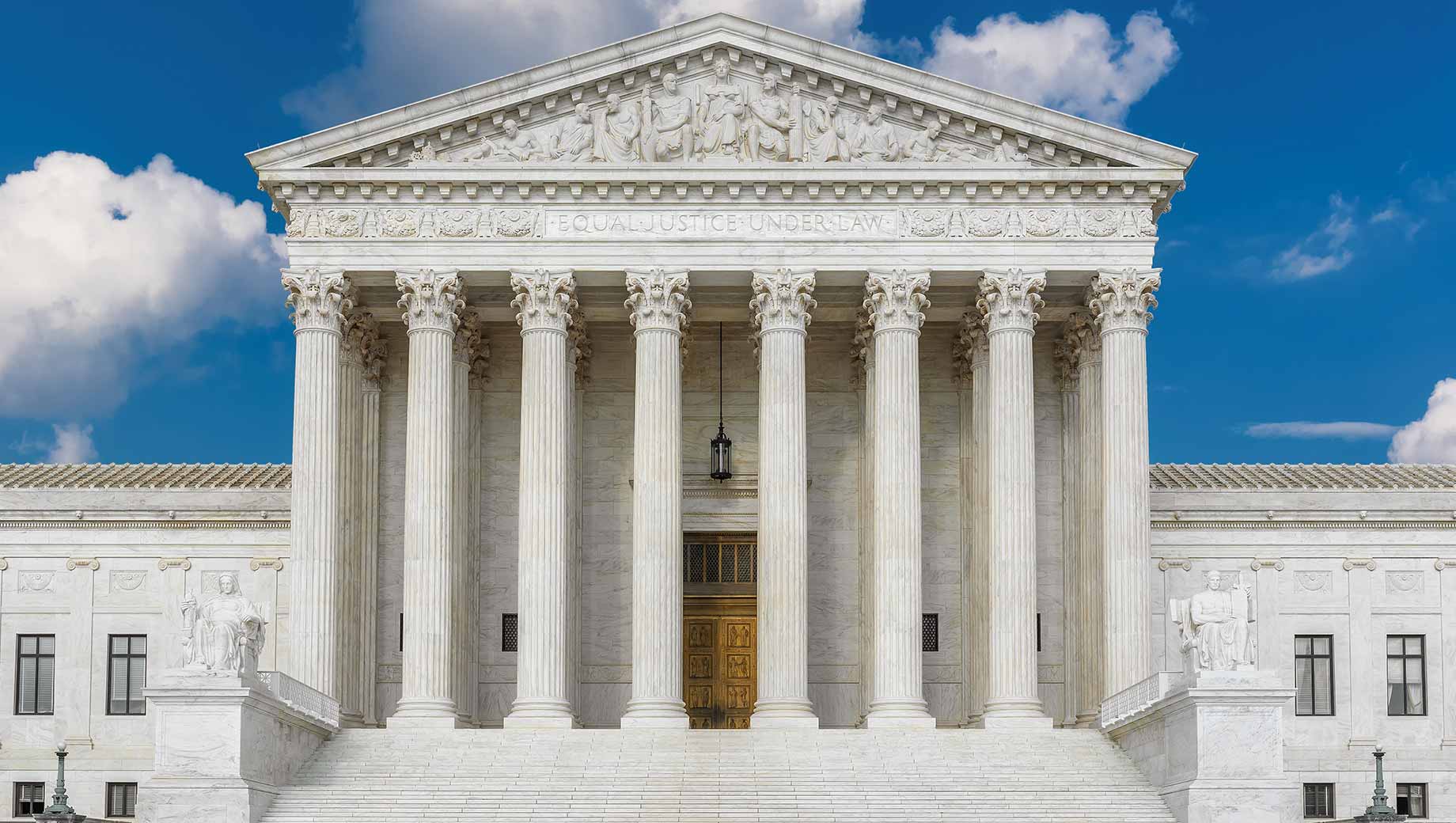
If anyone has followed the political cycle over the last several years, it is apparent that transgender rights have become a polarizing topic area between both sides of the aisle. Particularly when it comes to biological men competing in women’s sports, the issue gets even more contentious. Just last Thursday, the justices issued an unsigned order declaring that the state of West Virginia, at least not yet, can’t bar transgender girls from playing on women’s sports teams at the secondary school and college levels. Prior to the order, West Virginia requested the justices to clarify whether the state be able enforce the law while it is being challenged presently in lower courts.
This case isn’t a traditionally argued SCOTUS case, at least to this point. This order was issued as part of the Court’s emergency docket due to its decision being necessarily imminent. While still in the lower courts, the likelihood of this case reaching the high court one day are extremely high.
The origin of this case starts when in April 2021, the West Virginia state legislature passed H.B. 3293 – effectively banning transgender athletes from competing in sports not of their assigned sex at both the secondary school and intercollegiate levels. A transgender girl, initialed B.P.J., immediately sued the state declaring that the law was unconstitutional and violated the Equal Protection clause.
Fast-forward to July 2021, and U.S. District Judge Joseph Goodwin ordered that the state not be able to enforce the law while it remained in litigation – thus B.P.J. was able to continue competing on behalf of her newly identified sex. In January 2023, Goodwin issued a decision on the case – ruling in favor of the state of West Virginia. His ruling effectively disallowed for B.P.J. and any other West Virginia students from competing under any sex opposite than the one assigned at birth.
Shortly thereafter, B.P.J. filed an appeal to U.S. Court of Appeals for the 4th Circuit which by a 2-1 vote, decided to put Judge Goodwin’s order on hold. Subsequently, the state of West Virginia filed a request on March 9th asking the Supreme Court whether the state could enforce the passed legislation while still being litigated on appeal.
Justices Alito and Thomas both dissented in the decision by the Court to uphold the 4th Circuit’s order and block the state from enforcing the legislation. Alito contends that the 4th Circuit provides no clear justification for its order to bar the state from enforcing the law. He points out the discrepancy of the state waiting 18 months following the initial injunction to file for emergency relief, but he declares that the justices must not factor this component into their decision. Being that the district court also granted the state summary judgment in the case, that is deciding that the state court enforce the law, Alito doesn’t believe that the 4th Circuit has the means or authority to essentially null that decision without clear justification.
This case will certainly reach the high court in one of the Court’s near future terms and it is abundantly clear that the case will have consequential repercussions on an intensely polarizing political issue. But, for now, the state of West Virginia receives a temporary loss as it cannot enforce its law until all litigation/appeals have been exasperated and a ruling made (most certainly after the case reaches SCOTUS).
Sources:
Court allows West Virginia transgender girl to continue to participate in girls’ sports
https://www.supremecourt.gov/opinions/22pdf/22a800_e1p3.pdf
Hello Hunter, this was so interesting! I did not realize that the Supreme Court had the power to issue an order concerning a case while the decision on that case was still pending. You say that it is very likely that this case reaches the Supreme Court, which I would have to agree with. How long do you think it will take until that happens? It’s nice to see that at the very least, our judicial system is responding to cases that are relevant in current times.
Hi Hunter! This case has been all over my news feed for the last week and I find the amount opinions brought up interesting. While completely different topics/issues, this kinda reminds me of the ruling on abortion pills in Washington and Texas. The two judges came to opposing rulings and we are now waiting for it to go to a higher court.
Like you mentioned before, this case is quite well-known. In fact, I’m pretty sure that a similar case had occurred in other states that resulted in trans-teens getting banned from gender-specific sports. I’m sure that this case will soon make headlines since it will set a precedent on how transgender children will be treated in the sports world and a precedent on how America treats her transgender teens in general. As many people know, being transgender in many states have suddenly became more dangerous with new bills and regulations being passed at the state level. This court case might finally end the discussion on whether those laws are constitutional or not. I’ll be watching this case closely, but I have to say, I’m rooting for the transgender community on this one.